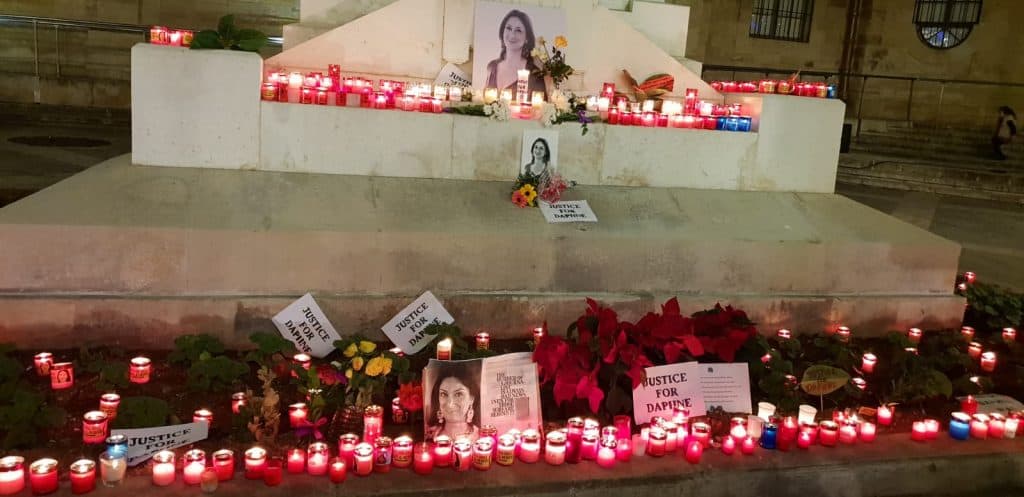Here’s a link to the full Venice Commission report in full.

What no one seems to be acknowledging is that this report is another legacy of Daphne Caruana Galizia. It came about because the Council of Europe wanted to understand why a journalist was killed in Malta and appointed Pieter Omtzigt of the Netherlands as its rapporteur. He recommended to the justice committee of the Council of Europe that Malta’s constitutional make-up needs looking into if the question is to get any proper answer.
I will let you read it in your own time and a lot of the topics discussed will need individual discussion.
I will just quote here two sentences the authors chose to lock into the last page of the report which is what most people read anyway.
The first is paragraph 147 of the report: “As with any reform, it is obvious that not only the texts matter but also their implementation in good faith.” The author anticipates Joseph Muscat’s statement of yesterday that his government will adopt the recommendations of the Venice Commission.
Quite how Joseph Muscat is so confident is really spine-chilling considering that the first criticism in the report is the fact that Malta’s Prime Minister is all powerful. These changes will require much consultation, much training, much persuasion. They will also require the support of the Opposition, or at least a big chunk of it since many of the changes will require amendments to entrenched clauses of the Constitution.
But more importantly is the warning that having the rules changed will be no comfort if the incumbents continue to exceed the limits imposed on them by the law with impunity.
Legal reforms are desirable and they are a layer deeper in trying to understand the questions that need answering about the state of our so-called democracy. But there’s an even deeper layer: cultural.
For democracy to function you need informed, competent and responsible citizens who can discern the truth and hold the powerful to account according to objective criteria of appropriate behaviour. We are so far from that.
And while Joseph Muscat knows that, he can appease anyone in the world about how keen he is on reform, safe in the knowledge that he can continue to short-circuit the law with cronyism, corruption, nepotism and manipulation of information.
Which takes me to the next paragraph in the report I want to highlight, paragraph 148: “Finally, the Venice Commission insists that it is an international obligation of the Government to ensure that the media and civil society can play an active role in public affairs holding the authorities accountable”.
That observation is only legal on the surface. It cuts straight through the crap of Muscatology to the heart of the matter here.
Because with all the answers in the document, one must remember the question that was being asked. Why was a journalist killed in this country?
Because she was holding the authorities accountable and that, here, is just not on.
The flowers and candles that extended Daphne Caruana Galizia’s voice 14 months beyond the moment of her death were removed within minutes by the government arguing that its actions are based on its understanding of the rule of law.
In the meantime, while they were being laid, the Labour Party sent its video cameras as tools of oppression, intimidating those present, threatening them with consequence for defying the government and, naturally, misrepresenting what was said and what happened and replacing truth with outright lies. The video cameras of the Nationalist Party did not give a picture closer to reality. They just stayed away. The video cameras of the public broadcaster stayed away as well: for them only the authorities are news; civil society is irrelevant.
Joseph Muscat did not promise to change any of that yesterday. And Adrian Delia did nothing to counter that. His argument yesterday that the Prime Minister should appoint a President from outside the Labour Party camp only went half-way into addressing the problem of a President who cannot act as a guardian of the Constitution if he owes his seat to the Prime Minister. Because it’s not just that the President comes from the political party of the Prime Minister that is a problem here. The real issue is that if you’re ever going to be anything in this country, it is because the Prime Minister wills it.
And when the person with that sort of power is Joseph Muscat, there’s simply no progress to look forward to.